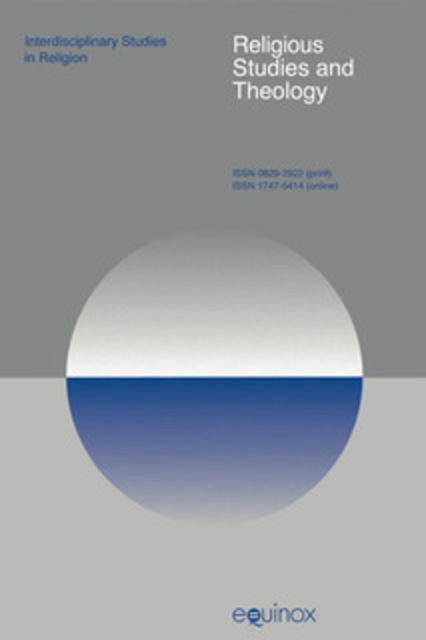How Gelatin Becomes an Essential Symbol of Muslim Identity: Food Practice as a Lens into the Study of Religion and Migration

Full description
Identity negotiation is an essential process in the immigrant experience and, since “we are what we eat,” food can play an important role in the creation, presentation and maintenance of these negotiated identities. In this article I argue that by choosing which religious/cultural food practices to continue and which ones to alter, by choosing to label them in particular ways or to relegate them to specific places and times, my informants show the vast and varied ways that Muslims negotiate their identities in two distinct contexts of reception (COR): Paris, France and Montreal, Canada. I also suggest that these contexts of reception have a significant impact on the way that immigrants live their religious lives in the host society and that food practice is one avenue to investigate these effects. Consequently, through an ethnographic exploration of the experiences of Maghrebine Muslim immigrants in Paris and Montreal I contend that food can act as a lens into, and critique of, larger trends in the study of religion and migration.
- typeImage
- created on
- file formatjpeg
- file size36 KB
- container titleReligious Studies and Theology
- creatorRachel Brown
- issn1747-5414 (online)
- issue35.2
- publisherEquinox Publishing Ltd.
- publisher placeSheffield, United Kingdom
- rightsEquinox Publishing Ltd.
- volume
- doi
We use cookies to analyze our traffic. Please decide if you are willing to accept cookies from our website. You can change this setting anytime in Privacy Settings.
